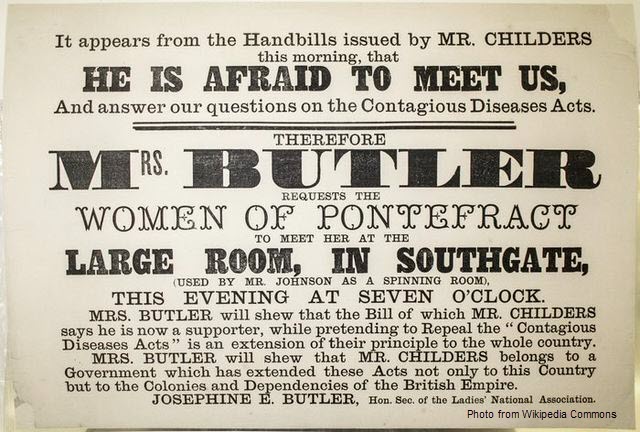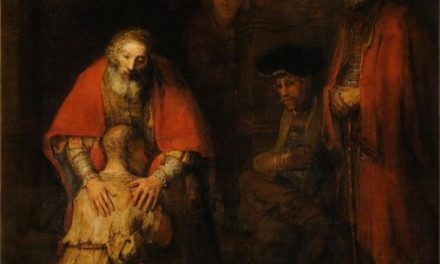Josephine Butler is an oft-overlooked faith hero who championed a cause still on the cultural landscape today – sex trafficking.
Josephine Butler was born in England in 1828. She had a wonderful childhood, the seventh of nine surviving children, filled with educational opportunities and experiences granted few females in her day. Her parents loved God, were members of the Church of England and were active supporters of the anti-slavery campaign – all which influenced Josephine throughout her life.
When Josephine was 22 years old, she met George Butler, a classics lecturer at Durham University. After finishing his studies, he opted to be ordained rather than pursue a university career. Josephine, who spent time in God’s Word and in prayer daily, said, “I felt as if I was being ordained, too.”
In a sense, she was. Not for ministry from the pulpit of a church, but for ministry on the streets.
George and Josephine were happily married with three children when tragedy struck. Their only daughter died in a terrible accident when she was just five years old. Josephine’s deep sorrow sent her seeking for a sorrow greater than her own, to bring her some comfort. When the couple moved to Liverpool, she began caring for the women in the Bridewell at Liverpool Workhouse – women who had fallen into prostitution to survive.
Prostitution was widespread in Victorian England but it was culturally unacceptable to openly discuss such things. In a bold, counter-cultural move, George and Josephine began rescuing women from the streets – inviting them into their own home. Later, they established “House of Help” and “Industrial Home,” places where women would receive care and learn skills so they could escape prostitution.
Then, Josephine began traveling the country and speaking out against the evils committed against women and children, at the same time encouraging young men to remain sexually pure until marriage. Her message was unpopular. Both she and George were attacked, physically and verbally, by “polite” society – all for having hearts like Christ, their Savior who suffered accusations and threats from the Pharisees for dining and keeping company with “sinners.”
In the end, God honored her diligent work against abuse and injustice. Though people went so far as to set the barn where she was speaking on fire, on one occasion, Josephine persisted. She and others supporting her cause, managed to expose the trafficking of young British girls to Belgium. Furthermore, they persuaded Parliament to raise the age of consent from 13 to 16 years of age, with the recourse to arrest men who violated the law. And they, shed light on the Contagious Disease Act which demanded women subject themselves to an invasive exam for sexual diseases or be imprisoned.
Despite her devotion to her cause, Josephine understood reformed laws would have limited impact. Morality is not something you can legislate. To that end, she carried God’s message of transformation and hope, through Christ alone, with her.
After George passed away, Josephine spent time with her children and their families while she continued her work, taking on new injustices until her death in 1906. Her boldness and devotion are evidence she believed, as she often said, “God and one woman make a majority.”









